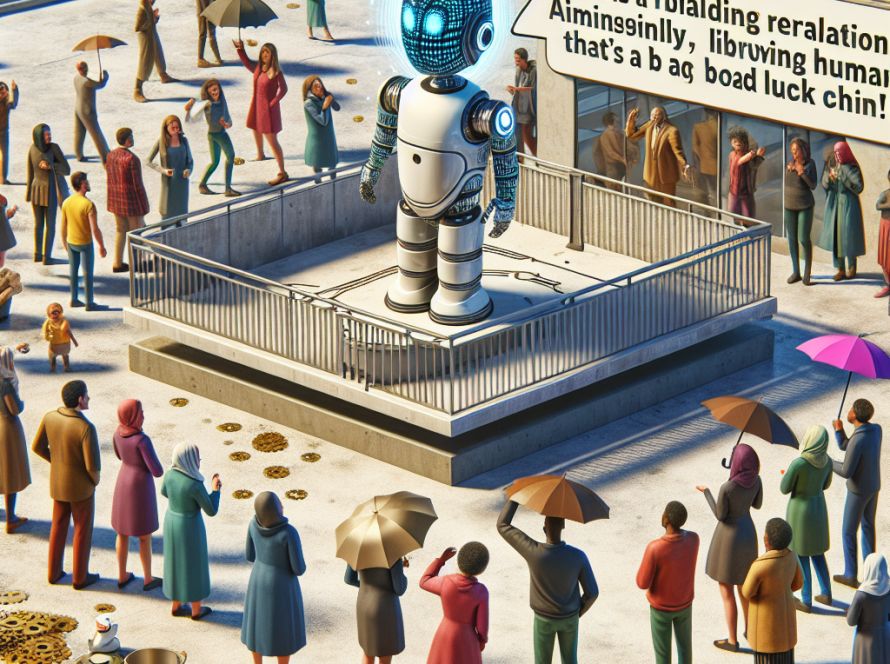Enhancing Large Language Models (LLMs) capabilities remains a key challenge in artificial Intelligence (AI). LLMs, digital warehouses of knowledge, must stay current and accurate in the ever-evolving information landscape. Traditional ways of updating LLMs, such as retraining or fine-tuning, are resource-intensive and carry the risk of catastrophic forgetting, which means new learning can override valuable previously acquired information.
Efficiently integrating new information, as well as correcting or discarding outdated or incorrect information, encompasses the core of improving LLMs. Various strategies used for model modification, from retraining with updated data sets to implementing intricate editing techniques, often require considerable efforts or risk corrupting the model’s retained information.
A team from IBM AI Research and Princeton University introduces a solution — Larimar, an architecture intended to revolutionize LLM enhancement. Named after a rare blue mineral, Larimar equips LLMs with a distributed episodic memory, mimicking the function of human cognitive processes. This means LLMs can undergo dynamic, one-shot knowledge updates without necessitating exhaustive retraining. They can learn, update their knowledge, and selectively forget, much like the human brain.
Larimar features a unique architecture that enables selective information updates and forgetting. This function makes it possible for LLMs to remain relevant and unbiased within a rapidly changing information environment. Through an external memory module that interacts with the LLM, Larimar makes quick and accurate modifications to the model’s knowledge base, offering notable improvements over existing methods in terms of speed and precision.
Test results evidence Larimar’s effectiveness and efficiency. In knowledge editing tasks, Larimar matched, and at times surpassed, the performance of current leading methods. It demonstrated a speed advantage, achieving updates up to 10 times faster. The architecture is capable of managing sequential edits, long input contexts, and other scenarios, demonstrating flexibility and adaptability.
In summary, Larimar presents a significant step in our attempt to improve LLMs. It offers a solution to the main challenges associated with updating and editing model knowledge, potentially revolutionizing the way we maintain and enhance LLMs after deployment. Larimar’s capacity to carry out dynamic, one-shot updates and selectively forget without exhaustive retraining could lead to LLMs evolving with human knowledge, ensuring their relevance and accuracy continually match the pace of information growth. Currently, all credit for this research and development goes to the researchers at IBM AI Research and Princeton University.


